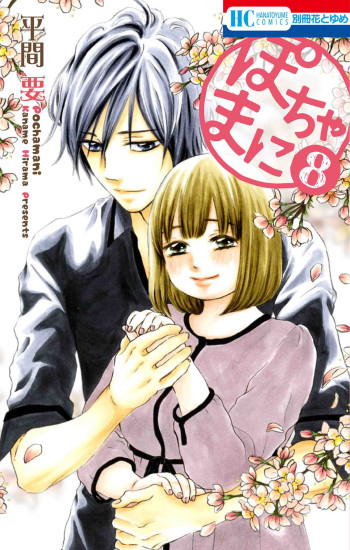Martial Peak Reviews
Rachel Griffiths' Autumn at the Cornish Garden Café is a heartwarming tale that beautifully captures the essence of new beginnings, the healing power of community, and the transformative nature of love. Set against the picturesque backdrop of a quaint Cornish village, this novel invites readers into a world where the changing seasons mirror the personal growth and emotional journeys of its characters.
The story centers around Rosa Lake, a bookstore owner who is finally free from the shackles of a painful decade-long marriage. Her divorce marks the beginning of a new chapter, one filled with hope and the possibility of rediscovering herself. Rosa's character is crafted with depth and sensitivity, allowing readers to empathize with her struggles and root for her as she navigates the complexities of her newfound independence. Her bookstore, a haven for book lovers, serves as a metaphor for her own journey—a place of refuge and discovery.
Enter Henry Clay, a primary school teacher who has recently relocated to the village to start afresh. Henry's character is equally compelling, embodying the excitement and trepidation that accompany major life changes. His passion for reading draws him to Rosa's bookstore, setting the stage for a serendipitous meeting that sparks a connection between the two. Griffiths skillfully portrays their budding friendship, capturing the nuances of their interactions with a delicate touch.
The chemistry between Rosa and Henry is palpable, and their shared love for literature becomes a bridge that connects them on a deeper level. However, the novel doesn't shy away from exploring the complexities of their relationship. Both characters carry secrets from their pasts, and Griffiths deftly weaves these elements into the narrative, creating tension and intrigue. The gradual unveiling of these secrets adds layers to their characters and serves as a reminder that everyone has a history that shapes who they are.
One of the novel's standout features is its exploration of themes such as healing, forgiveness, and the courage to embrace change. Rosa's journey is particularly poignant as she learns to let go of the pain of her past and open herself up to the possibility of love once more. Similarly, Henry's transition from his previous career to teaching reflects a broader theme of reinvention and the pursuit of one's true calling. Griffiths' portrayal of these themes is both realistic and inspiring, offering readers a sense of hope and encouragement.
The setting of the Cornish village plays a crucial role in the story, almost becoming a character in its own right. Griffiths' vivid descriptions of the landscape, with its rolling hills and charming cottages, create an immersive reading experience. The changing seasons, particularly the arrival of autumn, serve as a metaphor for the characters' personal growth and the cyclical nature of life. The village community, with its warmth and camaraderie, provides a supportive backdrop for Rosa and Henry's journey, highlighting the importance of connection and belonging.
In terms of character development, Griffiths excels in creating multidimensional characters who feel authentic and relatable. Rosa and Henry's individual arcs are well-crafted, with each character undergoing significant growth by the novel's end. Their interactions are marked by genuine emotion and vulnerability, making their relationship both believable and compelling. The supporting characters, though not as prominently featured, add depth to the story and contribute to the overall sense of community.
Comparatively, Autumn at the Cornish Garden Café shares thematic similarities with novels by authors such as Jenny Colgan and Jojo Moyes, who also excel in crafting heartwarming stories set in idyllic locations. Like Colgan's works, Griffiths' novel offers a perfect blend of romance, personal growth, and community spirit, making it an ideal read for fans of feel-good fiction.
Overall, Autumn at the Cornish Garden Café is a beautifully written novel that captures the essence of starting anew and the power of love to heal old wounds. Rachel Griffiths' storytelling is both engaging and evocative, drawing readers into a world where the beauty of the Cornish landscape mirrors the emotional journeys of its characters. This book is a testament to the resilience of the human spirit and the transformative power of love, making it a must-read for anyone seeking a heartwarming and uplifting story.






![The Countdown of My Death is Spamming My Status Window [Official]](/upload/pic/manga/the-countdown-of-my-death-is-spamming-my-status-window--official-.jpg)

















Reviews 0
Post a Reviews: